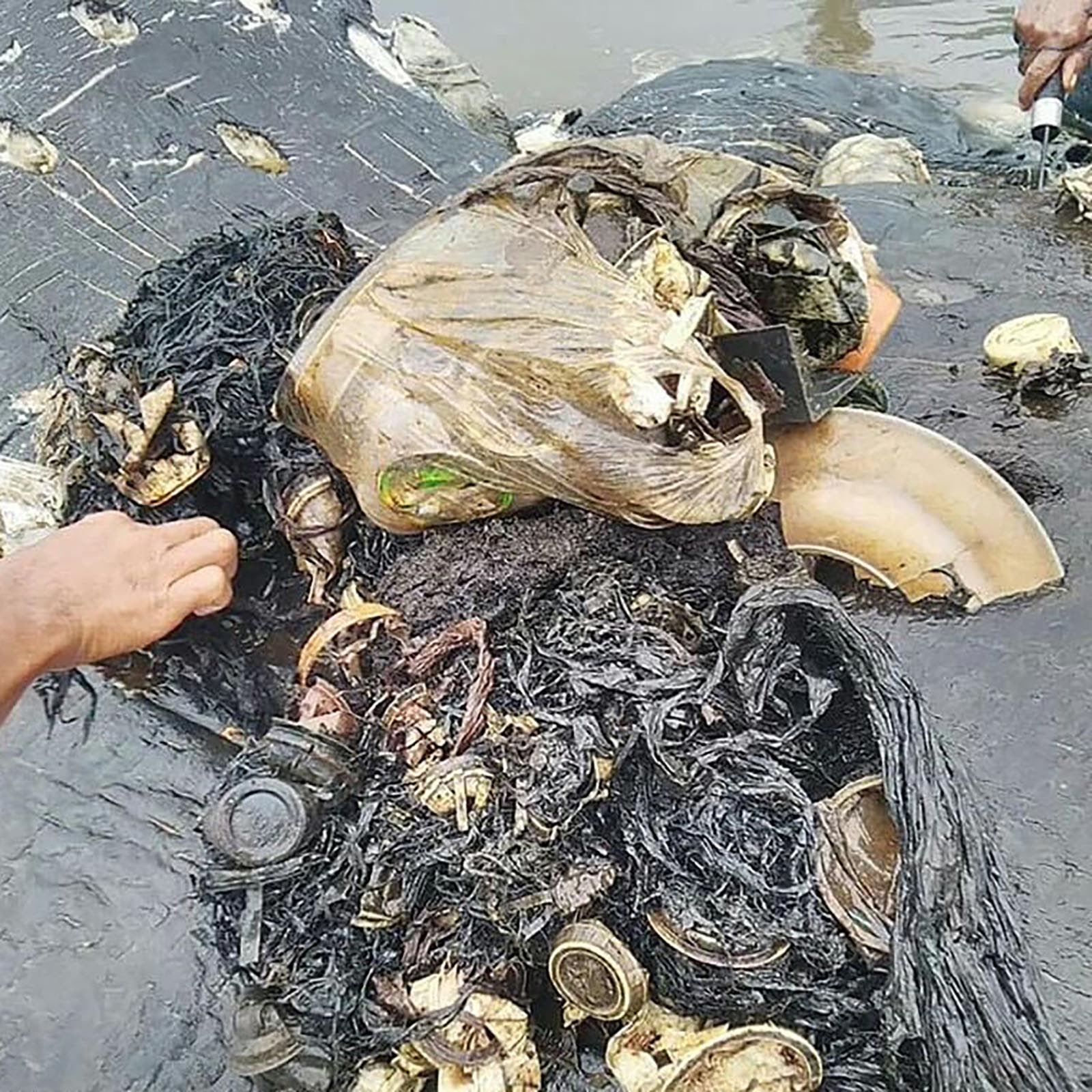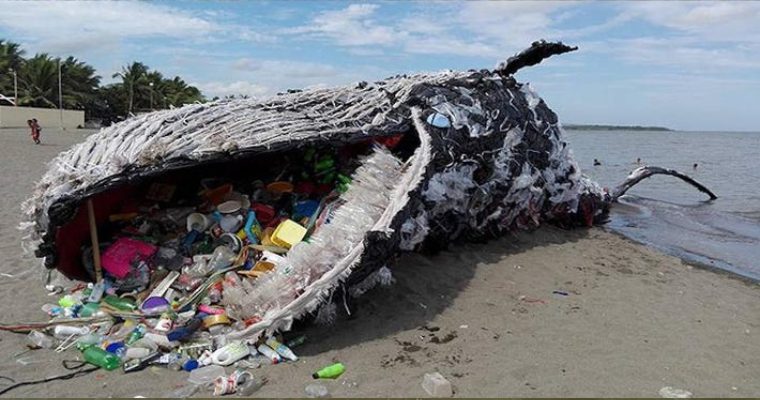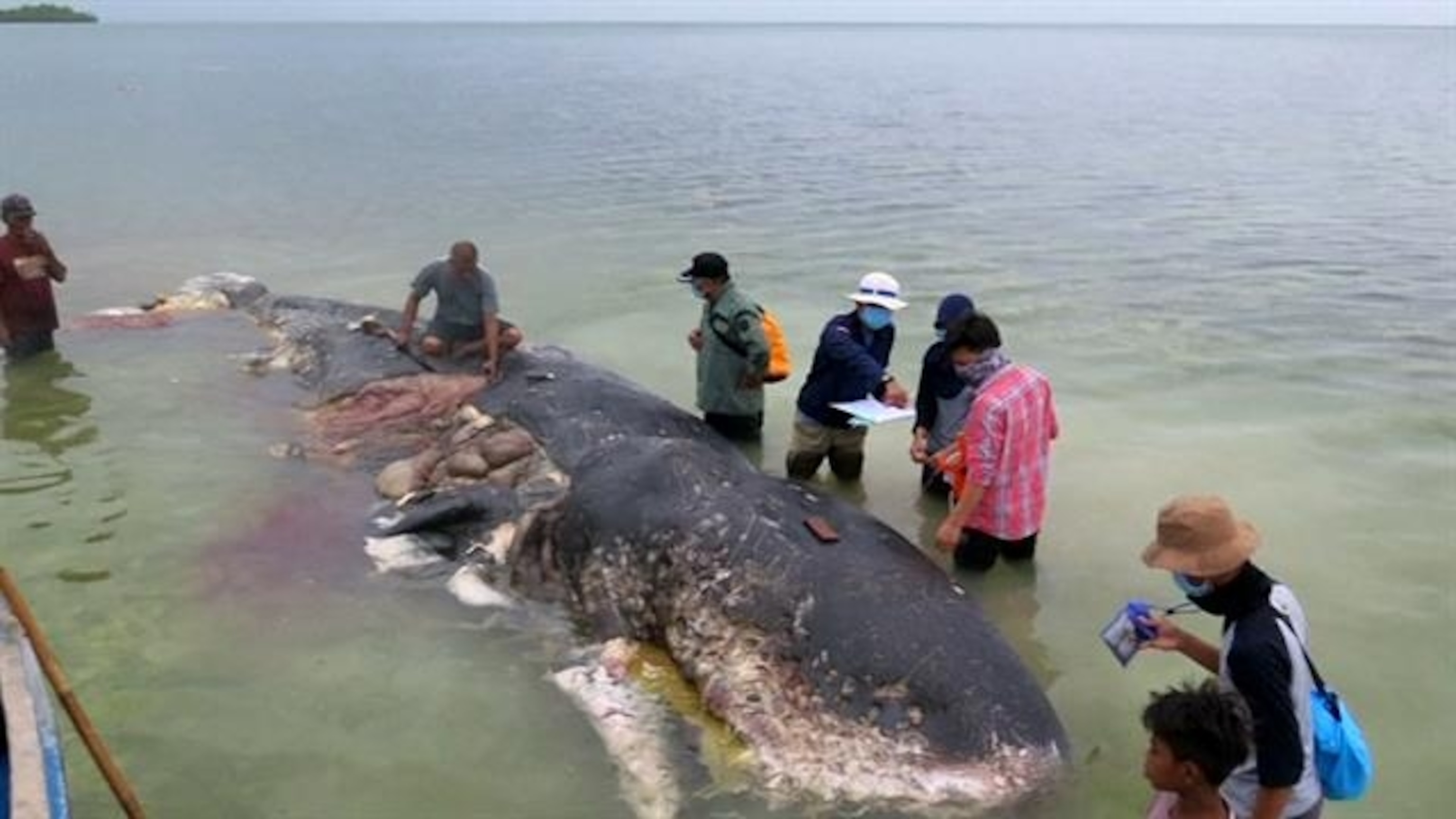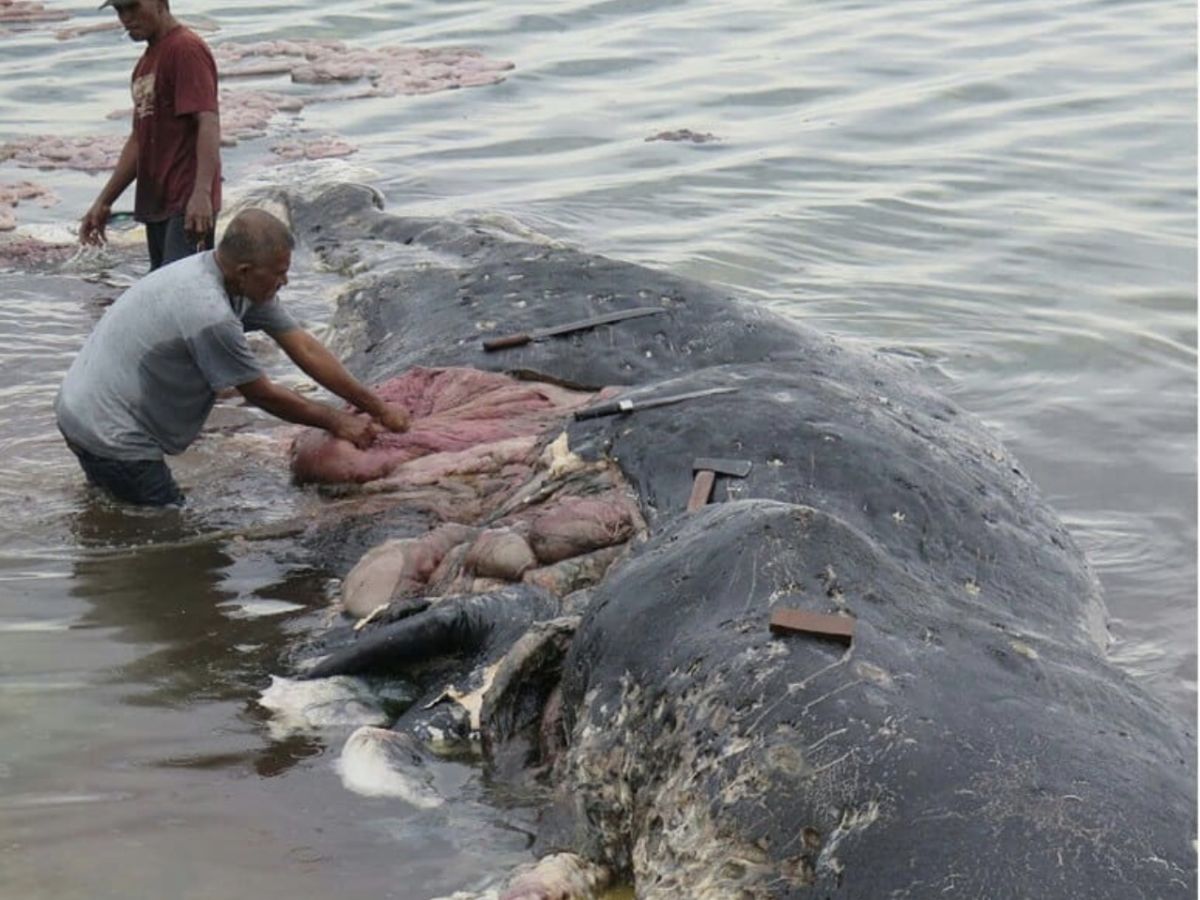The tragic discovery of a sperm whale found dead with 13 pounds of plastic in its stomach serves as a stark reminder of the devastating impact of plastic pollution on marine life. This distressing incident highlights the urgent need for global action to address the escalating issue of plastic waste in our oceans.

The ingestion of such a large amount of plastic by a magnificent creature like the sperm whale is deeply concerning and emphasizes the dire consequences of human activities on marine ecosystems. Plastic pollution poses a severe threat to marine life, causing entanglement, ingestion, and disruption of their natural habitats.

The sight of a magnificent whale succumbing to such a preventable tragedy due to our negligence is a wake-up call for individuals, industries, and governments worldwide. It underscores the importance of reducing, reusing, and recycling plastics, as well as adopting sustainable practices to mitigate the devastating impact on our oceans and marine biodiversity.

Efforts to raise awareness about the detrimental effects of plastic pollution and promote responsible consumption and waste management are crucial. Initiatives such as beach clean-ups, advocating for stricter regulations on single-use plastics, and supporting innovative solutions to tackle plastic waste are essential steps toward preserving our oceans and the precious life within them.

The heartbreaking incident of the sperm whale highlights the urgent need for collective action and a shift towards more sustainable practices to protect our oceans and the diverse marine species that call them home. It’s a poignant reminder that every action taken to reduce plastic pollution can make a significant difference in safeguarding our planet’s delicate ecosystems.





